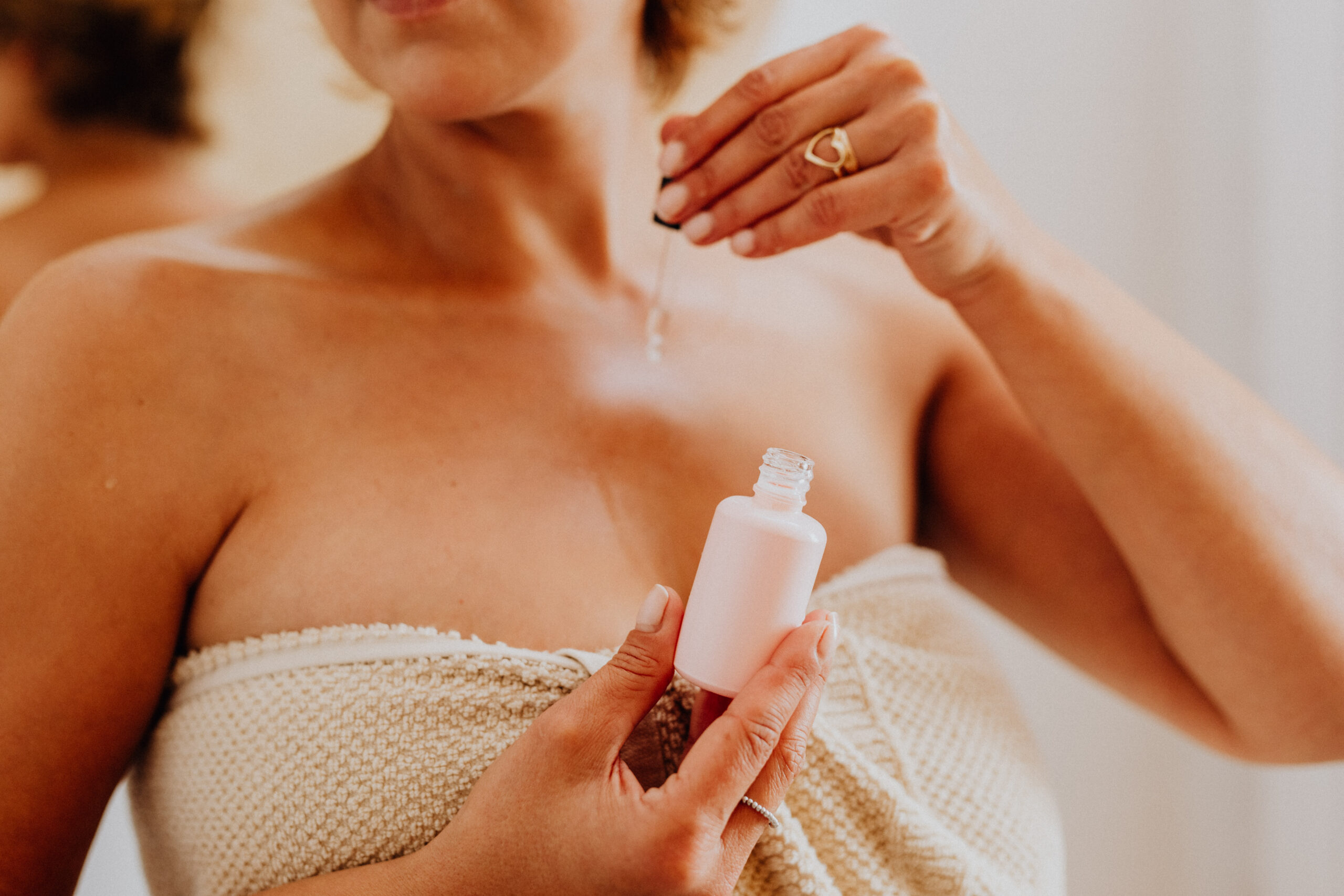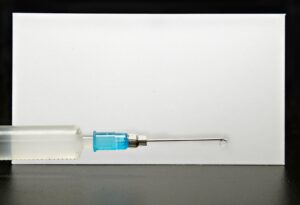The Science Behind Effective Skincare: Dermatologist-Approved Tips – When it comes to skincare, there’s more to it than just applying lotions and creams. The science behind effective skincare involves understanding your skin’s unique needs and utilizing dermatologist-approved tips to achieve a radiant and healthy complexion. In this article, we’ll delve into the science of skincare, exploring the principles that guide dermatologists’ recommendations to help you achieve your skin goals.
Understanding Your Skin: The Basics
The Skin as an Organ
Your skin is the body’s largest organ, with complex functions that extend beyond aesthetics. It serves as a protective barrier against environmental aggressors and helps regulate body temperature.
The Three Skin Layers
The skin comprises three main layers: the epidermis, dermis, and hypodermis. Each layer plays a crucial role in maintaining skin health and function.
The Role of Genetics in Skincare
Your genetic makeup plays a significant role in determining your skin type, sensitivity, and predisposition to certain conditions. Understanding your genetics can help tailor your skincare routine to address specific concerns.
The Science of Cleansing: Finding the Balance
The Importance of Cleansing
Cleansing is the foundation of any skincare routine. It helps remove dirt, oil, and impurities that can accumulate on the skin’s surface. However, over-cleansing can disrupt the skin’s natural barrier.
pH Balance
The skin’s pH balance plays a vital role in maintaining its integrity. Dermatologist-recommended cleansers maintain a slightly acidic pH, which supports the skin’s protective functions.
Nourishing Your Skin: Ingredients that Matter
Hyaluronic Acid
Hyaluronic acid is a powerhouse ingredient known for its ability to retain moisture. It’s a key player in maintaining skin hydration, resulting in a plump and youthful appearance.
Retinoids
Retinoids, derivatives of vitamin A, are renowned for their anti-aging properties. They stimulate collagen production and accelerate cell turnover, addressing fine lines, wrinkles, and uneven skin tone.
Sun Protection: Your Skin’s Best Friend
Understanding UV Rays
Ultraviolet (UV) rays from the sun can wreak havoc on the skin, leading to premature aging and even skin cancer. Broad-spectrum sunscreen with UVA and UVB protection is a must-have in your skincare arsenal.
Reapplication is Key
Applying sunscreen once isn’t enough. Dermatologists recommend reapplying every two hours, especially if you’re outdoors or exposed to water and sweat.
The Gut-Skin Connection
The Microbiome
Recent research highlights the gut-skin connection, emphasizing the importance of a healthy gut microbiome for clear skin. Probiotics and a balanced diet rich in fiber can promote skin health from within.
Lifestyle and Skincare
Sleep and Stress
Quality sleep and stress management are essential for skin health. Lack of sleep and chronic stress can lead to inflammation, exacerbating conditions like acne and eczema.
Smoking and Skin Aging
Smoking accelerates the aging process by reducing blood flow to the skin and depleting it of vital nutrients. Quitting smoking can significantly improve skin health.
Conclusion
Incorporating the science behind effective skincare into your routine can yield remarkable results. By understanding your skin, choosing the right ingredients, practicing sun protection, and considering lifestyle factors, you can achieve a complexion that radiates health and confidence.
FAQs (Frequently Asked Questions)
- How often should I cleanse my face?
- Regular cleansing is important, but overdoing it can harm your skin’s natural barrier. Twice a day is generally recommended.
- Can genetics affect my skincare routine?
- Absolutely. Your genetic makeup influences your skin type and concerns, guiding the products you should use.
- What’s the difference between UVA and UVB rays?
- UVA rays penetrate deeply, causing premature aging, while UVB rays primarily cause sunburn. Both contribute to skin damage.
- Are natural ingredients always better for the skin?
- Not necessarily. Effective skincare ingredients can be synthetic or natural. What matters most is their safety and compatibility with your skin.
- Is it too late to start a skincare routine if I’m older?
- It’s never too late. A tailored skincare routine can improve the health and appearance of your skin, regardless of age.




